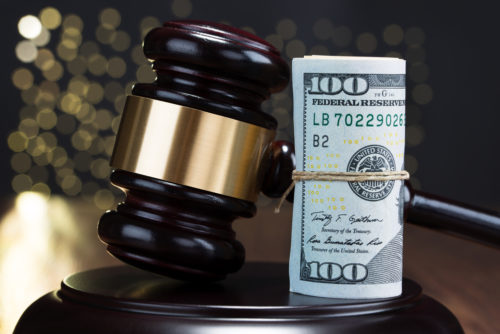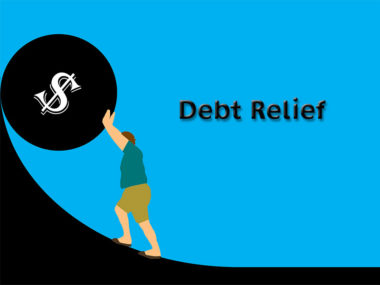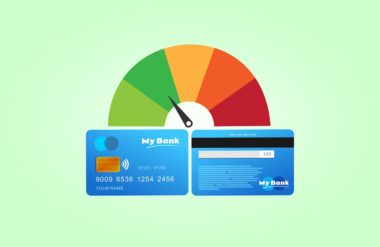When you can’t pay your medical bills and your debt has reached an advanced stage, the debt owner may sue you. This is the most serious form of medical debt and any lawsuit like this requires your undivided attention. Find out what you should do if you get sued for medical debt.
Table of Contents
Can a Hospital Sue You for Unpaid Medical Bills?
The first party to control your debt is usually going to be your hospital or other medical provider. An expensive hospital stay is a common source for many unpaid medical bills, thanks to the rising cost of healthcare and the fact that unexpected visits to the hospital can quickly turn into financial emergencies.
Hospitals are used to suing for unpaid medical bills, so they probably have a legal team inhouse or a firm of lawyers that they consult with when it comes to all of their billing issues.
Can a Collections Agency Sue You for Unpaid Medical Bills?
Your medical debt will start off in the hands of your medical provider, but it might not stay there for long. When hospitals and other providers can’t be bothered to deal with the debt themselves, they will sometimes send it to a debt collection agency. Debt collection agencies specialize in getting debt repaid and one of their most powerful tools is a lawsuit. If you wait too long to pay your medical bills, a collections agency can and will sue you for them.
What to Do If You Are Being Sued Over Unpaid Medical Bills
If you’re the target of a lawsuit to recoup unpaid medical bills, here’s what you should do.
Don’t Ignore the Lawsuit
When it comes to debt, the worst thing that you can do is to ignore your problems. If you don’t show up for your court date, there are serious consequences. You can’t go to jail for medical debt, but you will be missing out on your only chance to defend yourself. The best thing that you can do when you receive notice that you’re being sued for your unpaid medical bills is to take action immediately.
Look for the Court Summons, Instructions, and Deadlines
In order to take immediate action, you’ll need to be up-to-date on the information surrounding your medical debt lawsuit. If you are sued for unpaid medical bills, you should receive notice in the mail, including a court date at which you will be allowed to defend yourself. Keep this information and mark your court date on your calendar so that you don’t miss it.
Identify the Debt and Find Your Bills
Figuring out exactly what you’re being sued for is critical to mounting your defense. It’s always possible that you received a medical bill by mistake, with items or services that you never received on it. In this case, you should begin the process to dispute that medical bill and prepare all the materials related to the dispute for your court date.
Get Help and Prepare Your Defense
Ultimately, court cases are often too complex and too serious for one person to take on alone. If you’re being sued for unpaid medical debt, the most important thing to do is to find a qualified attorney who can help you navigate the legal complexities involved in your case.
Know Your Rights
Just because you’re sued for unpaid medical bills does not mean that you have to open up your bank account. Depending on the circumstances surrounding your medical debt, it’s possible to fight the lawsuit and avoid having to pay. Know what your rights and options are when it comes to debt collection so that you aren’t taken advantage of.
Financial Assistance
Paying down expensive medical bills is tough. Thankfully, some charitable organizations out there realize this and are willing to help. If you’re having trouble paying the bills, look for charities that help with medical debt to alleviate some of your burden.
Collections Harassment
There are limits on what a collections agency can do collect the debt that you owe. According to the CFPB, harassment by debt collectors is illegal and constitutes the following activities.
- Repetitive phone calls intended only to annoy or abuse the debtee.
- Obscene or profane language used in a debt collection attempt.
- Threats of violence if you fail to pay the debt.
- Making your name public as someone who has unpaid debts. (Note that they can still report you to a credit reporting bureau.)
- Misrepresenting themselves or their identity when calling in an attempt to collect debt. Debt collectors must be upfront and truthful about their identities and their intentions when they contact you.
Wage Garnishment
If you are the subject of a debt collection lawsuit for unpaid medical bills, then odds are that the suing party is interested in garnishing your wages in order to get paid. Wage garnishment is a tool used by debt collectors (whether they be collection agencies or anyone who owns your debt) to get their money.
It works just the way it sounds — the debt owner gets to skim right off the top of your wages until your debt is settled. This option requires court authorization, so if you’re getting sued then wage garnishment is definitely a possibility. The good news is that wage garnishment is capped at 25% of your income, so you’ll never walk away with less than 75% of your paycheck.
Getting sued for unpaid medical bills means that your medical debt has reached the most advanced stage. Unless you can catch your medical provider or the collection agency in a mistake, you can probably expect that they’re aiming to garnish your wages in an attempt to recoup the unpaid bills. If you are sued, seek legal representation so that a legal professional can represent your interests in court.
Image Source: https://depositphotos.com/






